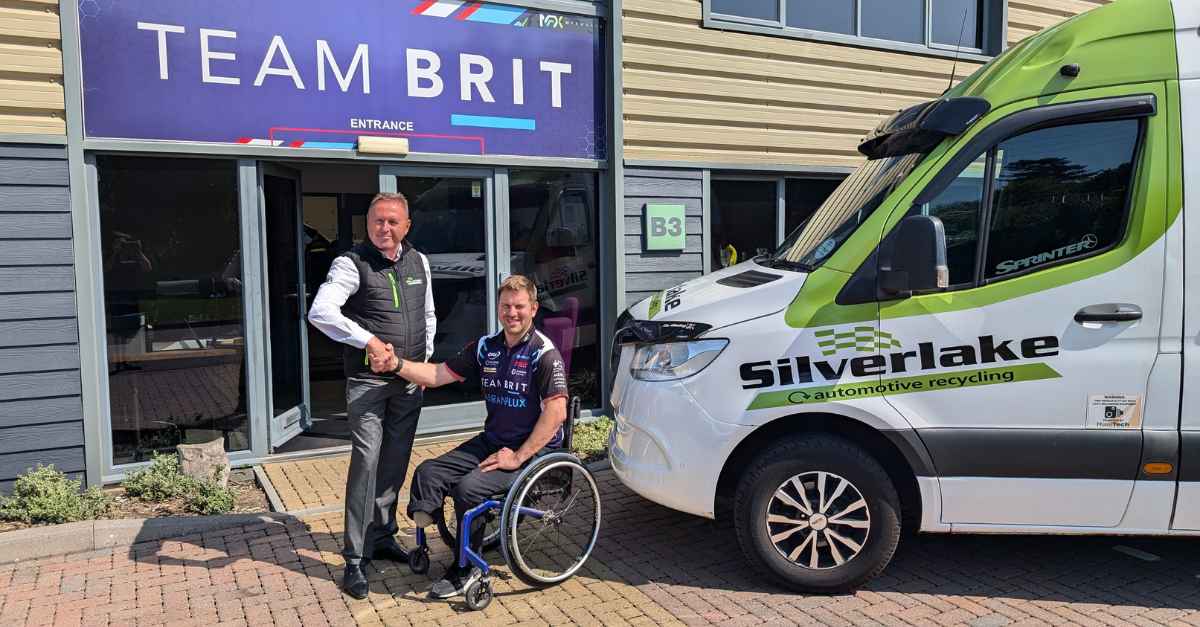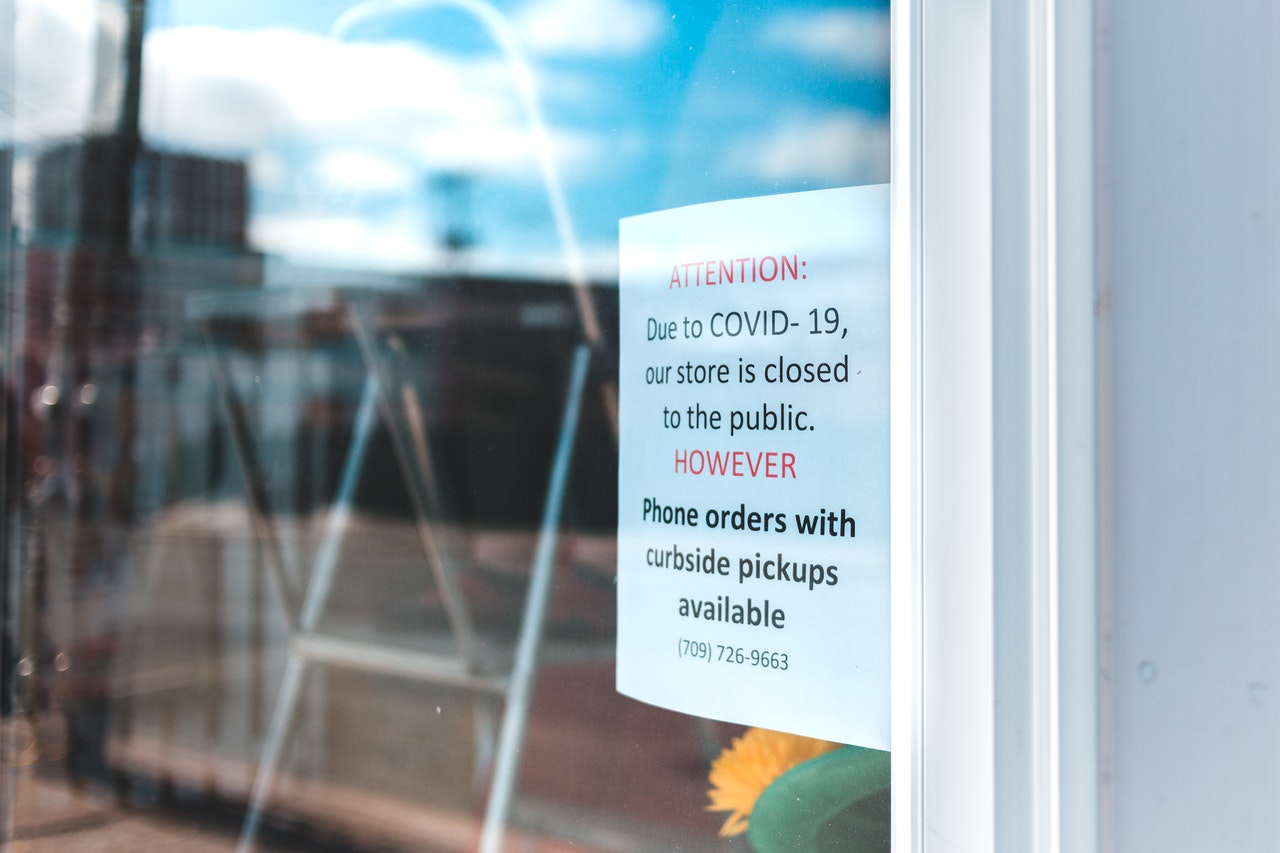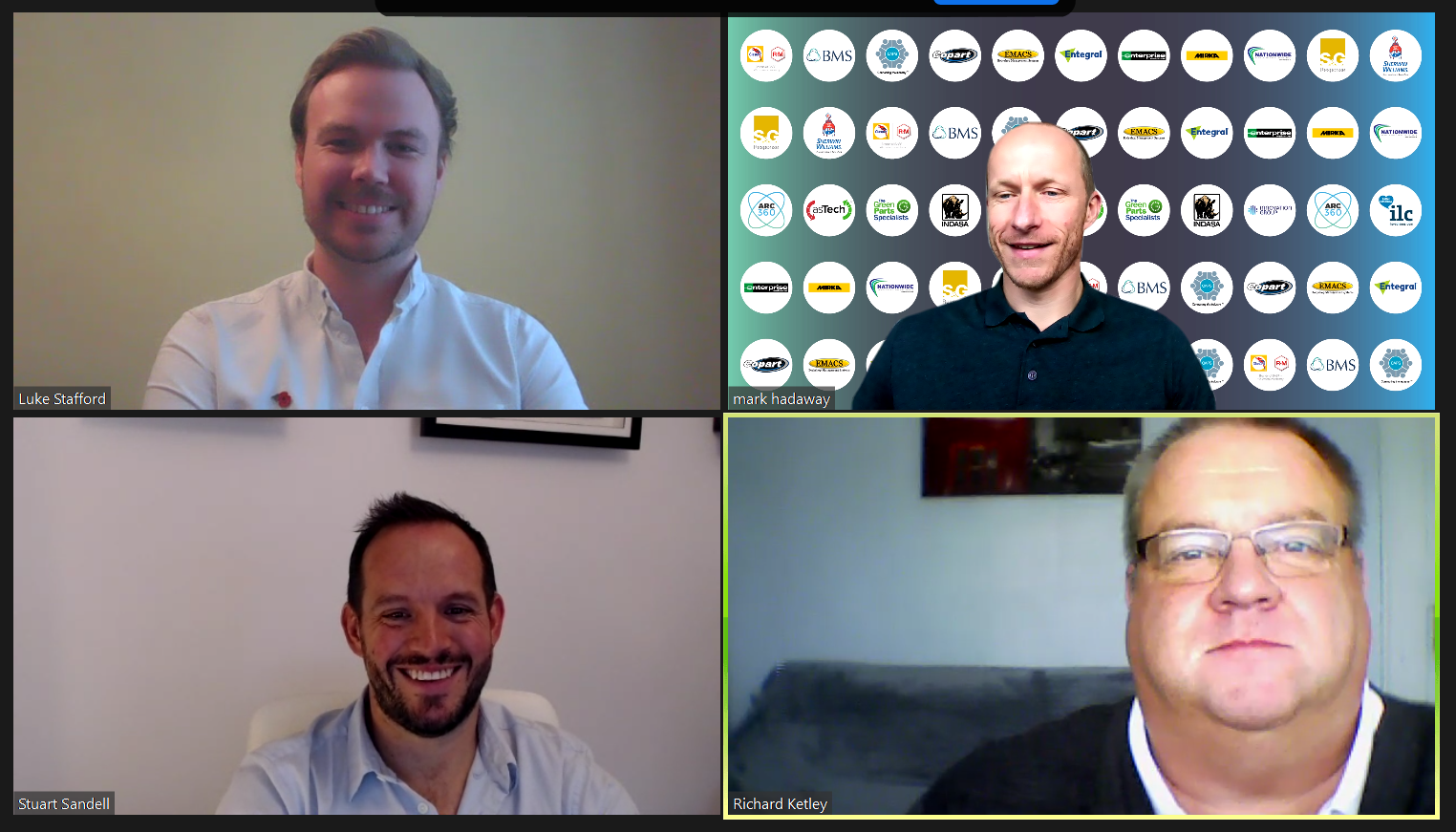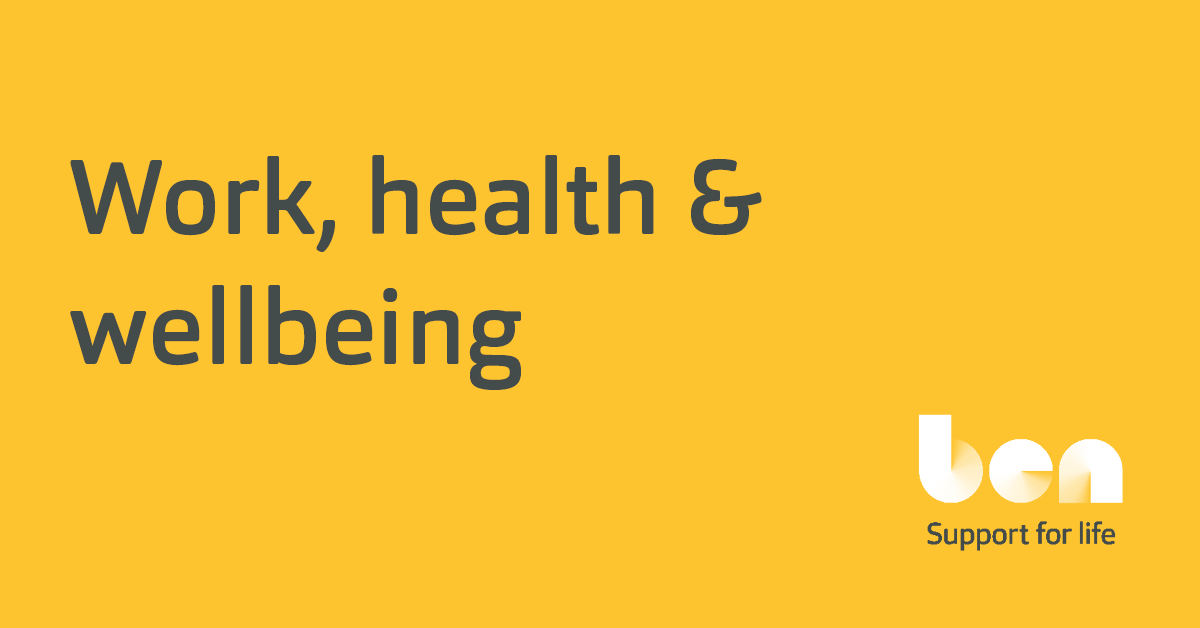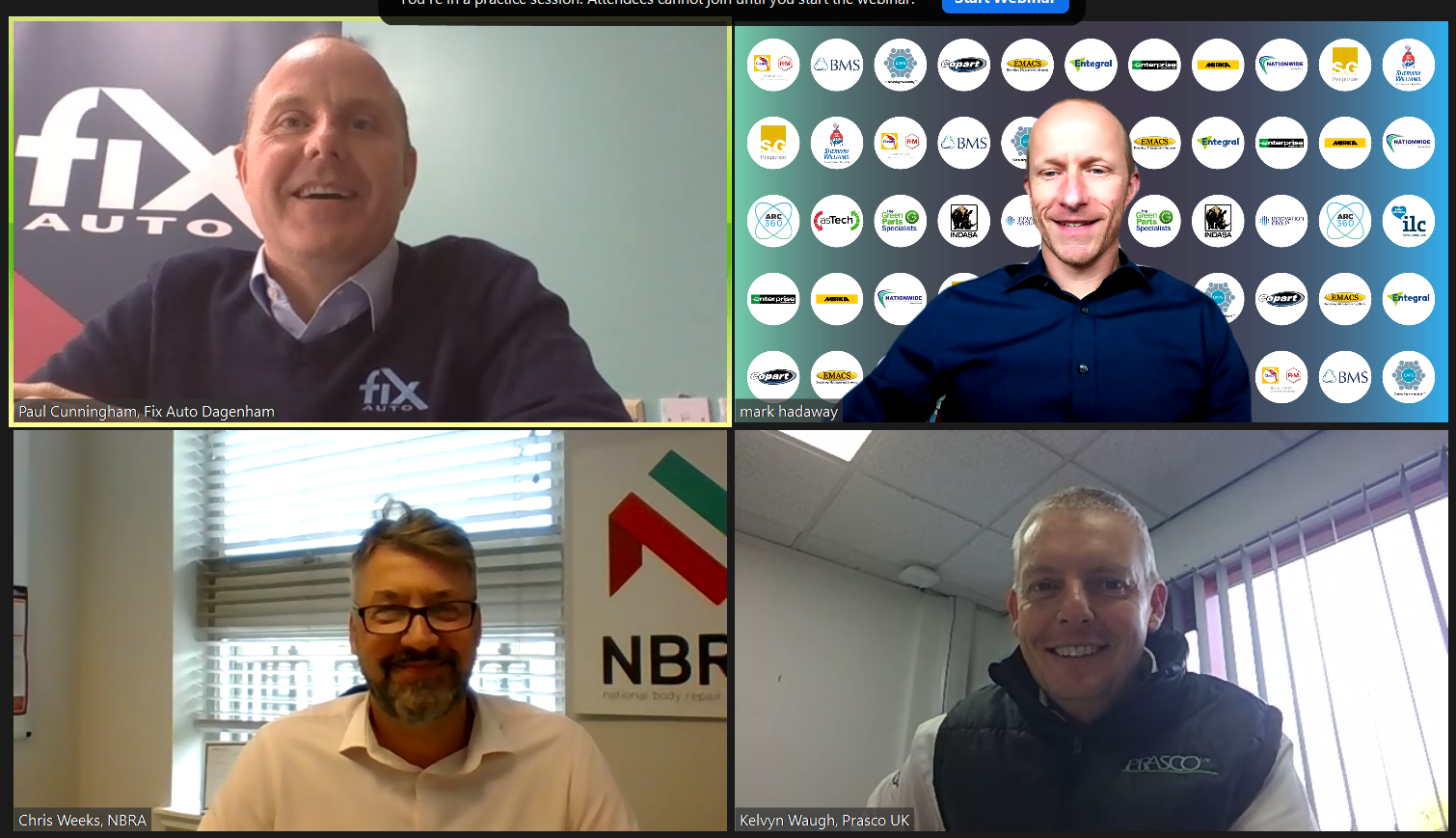It is not easy to understand how the world is changing while it’s still in the midst of that change. In fact, many of the greatest disrupters in history were introduced with little hype or fanfare, and it was only in hindsight that their influence became clear.
What is clear though, is that seismic change always follows seismic events. You only have to look at the leaps forward in innovation during the world wars of the last century to appreciate that.
World War One innovation:
- Blood banks
- Zips
- Stainless steel
- Tea bags
World War Two innovation:
- Penicillin
- Radar
- Jet engines
- The ballpoint pen
Potential to change
Of course, the coronavirus is catastrophic on a different scale, but there is no doubt its potential to change society – both in the way we do business and in human behaviour – is deeply profound. Remote working, transportation and communication are just three areas that have already been hugely altered as a result of the pandemic, possibly for ever, and across all industries managers and owners have been scrambling to catch up.
Underpinning the change has been technology, and it’s hardly surprising that businesses have had to rapidly accelerate their shift towards digitalisation in order to, A: continue trading with staff at home and, B: follow their customers online. In fact, a McKinsey business survey found that investment in technology has increased more than any other area since Covid-19, and that whether a company had made that investment or not was the single greatest indicator of whether it had coped well or badly during the crisis.
The survey found the digitalisation of internal and external operations had jumped forward by three to four years, while the share of digital or digitally enabled products had raced forward seven years in as many months.
Already available
These findings were supported by Boston Consulting Group, which added that in most cases the investment wasn’t in new technology, but technology that was already available before the pandemic struck.
Karalee Close, managing director, senior partner and global leader of BCG’s Technology Advantage Practice, said, ‘Many businesses are re-shaping their tech spending as a direct consequence of the pandemic. Covid has crystalised their thinking and forced them to make fast decisions about which technologies to adopt now.’
- More than 60% of global customers have changed their shopping habits because of Covid-19
- Digital sales spiked 66% during lockdown and has settled at +7%
- Global online sales of luxury good rose 170% in August and September
- 80% of brands don’t have an online loyalty programme
- Online-only retailer Ocado named UK’s fastest growing brand of 2020
It means everything
The question is, what does this mean for the automotive aftermarket? It means everything. Whether operating a single site or a larger network of bodyshops, the backbone of your business is technology. The entire claims process is driven by technology, from FNOL, image capture, claims triage, engineering and management platforms, and its influence is only going to become greater.
While agile in many ways, the sector is traditionally slow in exploiting the gains from technology. That is often attributed to a lack of expertise, but it could also be because the sector is dominated by entrepreneurs who are reluctant to invest without a strong business case to support it. However, that was the past. The Covid-19 crisis has forced these decisions upon many businesses and having seen the benefits first-hand, none is taking a backward step now.
Kevern Thompson, commercial manager at CAPS, said, ‘We have been seeing a massive increase in the adoption of technology. I feel like I’m sitting right at the heart of the industry because we’re facilitating that connectivity. Efficiency, downtime and key-to-key times can all be improved by technology and now is the time to stretch the limits of what we can do to future-proof the industry.’
Easy wins
And it doesn’t have to be daunting; there are a number of relatively easy wins out there. The most obvious one is through digital communication platforms. Their usage has gone inter-galactic in 2020 and platforms such as Zoom, Microsoft Teams and, more lately Google Meet, are emerging as the tea bags of this crisis (tea bags existed before WW1 but were only widely adopted by society after being shipped to German troops on the front line).
Industry Insights is just one example. Steve Thompson, founder and managing director, hosts weekly calls with all Connect Solutions partners, and throughout the crisis has invited specialist guests to speak about key topics and answer any questions.
Steve said, ‘We used these mediums pre-Covid but not as effectively as we do now and I am certain this will continue post Covid-19. I appreciate it’s not quite the same as a physical meeting, but the benefits far outweigh the negatives.’
He added, ‘Our slogan is ‘we are greater than the sum of our parts’, this has never been more accurate than during Covid-19 and I am confident that this will now become part of our modus operandi.’
They are not the only ones to have spotted the efficiency gains of going online instead of on the motorway, as these figures prove:
- Daily Zoom users rose from 10 million in December 2019 to 300 million in April 2020
- Microsoft Teams daily users rose from 32 million in March 2019 to 75 million in April 2020
- Google Meet added three million users a day to its service during April
Remote
Elsewhere, remote assessments have become a mainstay in many markets as a result of a huge shift in customer attitude towards digital rather than face-to-face solutions. In Germany the percentage of assessments carried out remotely has risen from 20% to 60% during the pandemic, while in America it’s over 80%.
Remote working is also here to stay and even insurers, traditionally cumbersome and lethargic when it comes to change, have revealed a new level of dynamism.
Dave Thompson, director of claims, Tesco Underwriting said, ‘We implemented seismic changes in the space of 10 days and I actually think most insurers were surprised at how quickly they could move to satisfy the demands of colleagues, in terms of home working, while still serving their customers.
‘This has definitely accelerated our plans around a digitised workforce and remote working, and I think now all organisations with large numbers of staff in a large office environment will have to think about their own operating models and location strategies. We’ll definitely see a significant increase in the flexible workforce.’
Time
But while these are generic, industry-wide changes, many of the process improvements seen have been molecular, business-specific, and come about simply because managers have had the time to look for them. Under normal conditions, bodyshops are so consumed with daily tasks that large-scale disruption is virtually impossible.
However, with volumes nosediving from late March, the sudden lull provided an opportunity for forensic examinations of all processes and practices, and many businesses have emerged leaner, more efficient and more flexible.
Fix Auto Luton is a case in point. Already one of the network’s most successful sites, it would have been easy to adopt an ‘if it’s not broke’ approach. However, manager Mo Givian wasted little time using the sudden cessation of work to make sweeping changes with a massive revamp of the workshop, replacing a 32-year-old oven, installing a space-saving ramp, servicing the equipment, and rewiring the building.
The gas bill is now down 60%, the electricity bill is 40% lower and the workforce, he says, is rejuvenated and confident in the future in the business – all contributing to record figures in June and July.
He said, ‘The lockdown was a real positive for us. We just needed two or three weeks to make all the changes I knew were needed, but we could never have done it normally. But because none of our work providers had any business for us, we were able to make the changes without losing business or upsetting our customers.
‘I’ve worked out we made a 40% saving by doing it during lockdown, but the reputational savings are immeasurable. It almost feels like a new start now, but without the start-up problems.’
Best ever
Distribution group GB Refinish is another example of a business that took a good thing and made it better. It enjoyed its best ever month in March and would likely have carried on as before had the pandemic not struck. However, founder John Barclay says the last six months have been the busiest of his working life and because of the improvements he made the business was better placed to take advantage or returning volumes.
A new telephone system, new livery and branding are the most visible changes – along with a large new client won in June – while John also decided to change the management system that was functional but dated.
He said, ‘It was ok, but it was long-winded and cumbersome. This new system will save time for our sales and admin teams and we’re eagerly looking forward to going live.’
All told, GB Refinish celebrated its best month in September, beating even March’s figures.
John said, ‘It’s actually been a really positive time for us – and I know why that is. We’ve not left a stone unturned. We’ve looked at everything we do in the business and made a number of changes.’
Not alone
They are far from alone. Across the sector companies have proved their agility by adapting to a new normal, identifying subsequent improvements and then implementing them. Paul Cunningham, commercial director at Fix Auto Dagenham, revealed how operating with a reduced workforce actually proved a positive as job roles were blurred and fresh eyes brought fresh ideas. Among the myriad changes is a new focus on multi-skilled staff in admin to save time and provide greater back-office flexibility.
Paul said, ‘We’ve already bought people a lot of time by introducing new processes and technology and we’re less stressed than we were before Covid-19. Now we’re looking to grow admin team and we’ve written out a new, broader job description. It’s about taking the positives and embedding them. There is an old adage that it takes three months to change. Not in this business.’
Still time
There may be a perception that the time to make all these changes has gone. But change is happening and the longer the wait the more difficult it will be. The genie is out of the bottle now and if the technological revolution has seemed fast recently, it’s likely to only accelerate.



